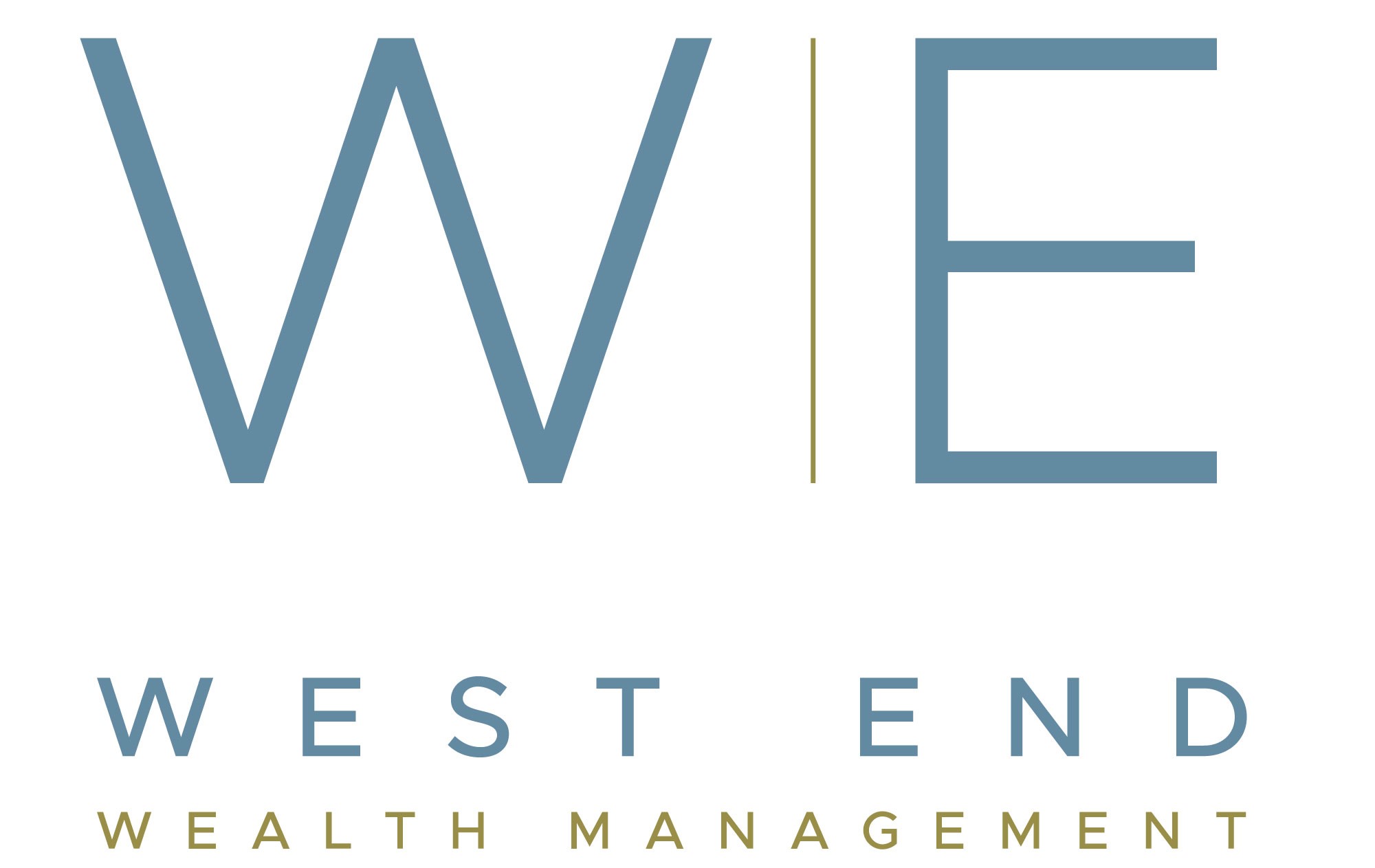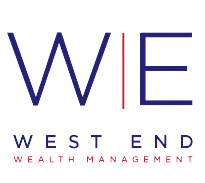Estate Planning Basics

Michael Kroll
Owner, Financial Advisor
West End Wealth Management
2/1/2023
Financial planning encompasses estate planning, risk management, tax planning, investment management, and cash flow planning. These five key planning topics have a direct impact on your financial well-being, and the financial well-being of your family. For this month’s article I will outline the importance of estate planning and the basic documents you may need to start building a proper estate plan.
Why is Estate Planning Important?
Estate planning is important for two reasons: 1.) Establishing an estate plan allows you to prepare how to distribute your assets in the most tax efficient manner. 2.) Estate planning in advance allows you to determine how you want your affairs to be handled. If you do not take the steps to implement an estate plan while you are sound and capable, you will not have any say in the process when that time comes (Hicks, 2023) .
Common Estate Planning Documents
Your estate plan will be a collection of legal documents that spell out your wishes for your assets in the event of your incapacitation or death. Here are some of the most important estate planning documents and the role they play in your estate plan:
- Will – A will allow you to determine what individuals and organizations will inherit your assets. A will helps to reduce uncertainty or potential conflict over who gets what in the event of your passing.
- Power of Attorney – A POA names an individual who can handle your affairs for you. There are varying degrees of powers of attorney. You can give your POA limited power where they may only handle your finances, or you can give them full durable power of attorney where they can handle all your affairs even in the event you become incapacitated.
- Health Care Directive – A health care directive has no bearing on your financial well-being, but it is a valuable part of your estate plan. The health care directive lets you state what medical actions should be taken if you can no longer make decisions for yourself. Having a health care directive in place takes the emotional burden off your family and allows you to have a say over any end-of-life care you may need.
Estate planning is an integral piece of your financial plan. We use estate planning to ensure that we are passing your assets to the correct person or organization as tax efficiently as possible and in the manner that you want. Estate planning is not only for the end of your life, but there are strategies we can implement in your financial plan today, that can benefit you today as well as your beneficiaries in the future. Having a well thought out and executed estate plan is critical to ensuring that you are your family are taken care of. Estate planning requires cooperation between your financial advisor and an estate planning attorney to make sure all areas of your financial life are covered.
If you have any questions about estate planning or the steps needed to put an estate plan in place, please contact my office at (804) 635-5330.
Hicks, P. (2023, January 23). Estate Planning 101: What is Estate Planning? Retrieved from Trust & Will: https://trustandwill.com/learn/what-is-estate-planning


